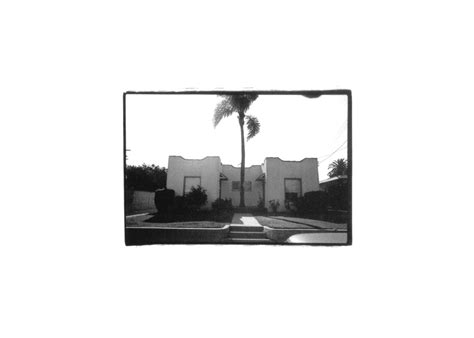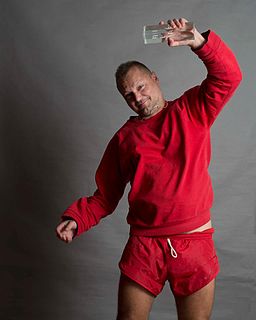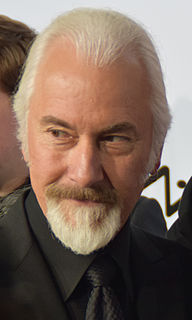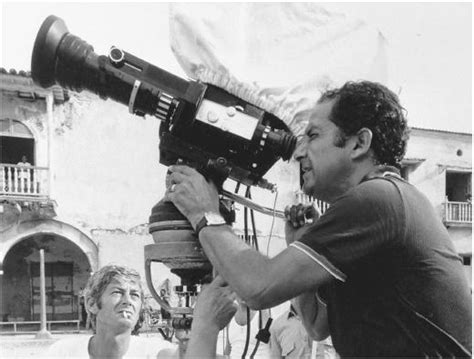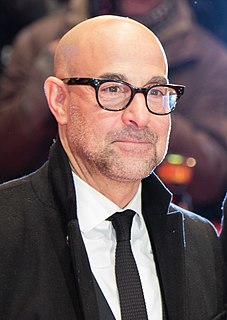A Quote by Fred Ritchin
We have to tell people how images are made. And, the first step is to abandon the idea we're looking at photographs. We're looking at entry points to information and to the world in which the image was made.
Related Quotes
I started to concentrate more upon how the viewer looks at photographs... I would insert my own text or my own specific reading of the image to give the viewer something they might not interpret or surmise, due to their educated way of looking at images, and reading them for their emotional, psychological, and/or sociological values. So I would start to interject these things that the photograph would not speak of and that I felt needed to be revealed, but that couldn't be revealed from just looking at an image.
[My father] impressed upon me from the first, that the manner in which the world came into existence was a subject on which nothing was known: that the question, "Who made me?" cannot be answered, because we have no experience or authentic information from which to answer it; and that any answer only throws the difficulty a step further back, since the question immediately presents itself, "Who made God?
First of all, directing is an idea that you have of a total flow of images that are going on, which are incidentally actors, words, and objects in space. It's an idea you have of yourself, like the idea you have of your own personality which finds its best representation in the world in terms of specific flows of imaginary images. That's what directing is.
When one analyzes the pre-conscious step to concepts, one always finds ideas which consist of 'symbolic images.' The first step to thinking is a painted vision of these inner pictures whose origin cannot be reduced only and firstly to the sensual perception but which are produced by an 'instinct to imagining' and which are re-produced by different individuals independently, i.e. collectively... But the archaic image is also the necessary predisposition and the source of a scientific attitude. To a total recognition belong also those images out of which have grown the rational concepts.
During the fifteen or twenty years in which I tried - it was not always easy with publishers, newspapers, etc. - to forbid photographs, it was not at all in order to mark a sort of blank, absence, or disappearance of the image; it was because the code that dominates at once the production of these images, the framing they are made to undergo, the social implications (showing the writer's head framed in front his bookshelves, the whole scenario) seemed to me to be, first of all, terribly boring, but also contrary to what I am trying to write and to work on.
The supreme adventure is being born. There we do walk suddenly into a splendid and startling trap... When we step into the family, by the act of being born, we do step into a world which is incalculable, into a world which has its own strange laws, into a world which could do without us, into a world we have not made. In other words, when we step into the family we step into a fairy-tale.
I am myself a professional creator of images, a film-maker. And then there are the images made by the artists I collect, and I have noticed that the images I create are not so very different from theirs. Such images seem to suggest how I feel about being here, on this planet. And maybe that is why it is so exciting to live with images created by other people, images that either conflict with one's own or demonstrate similarities to them.


